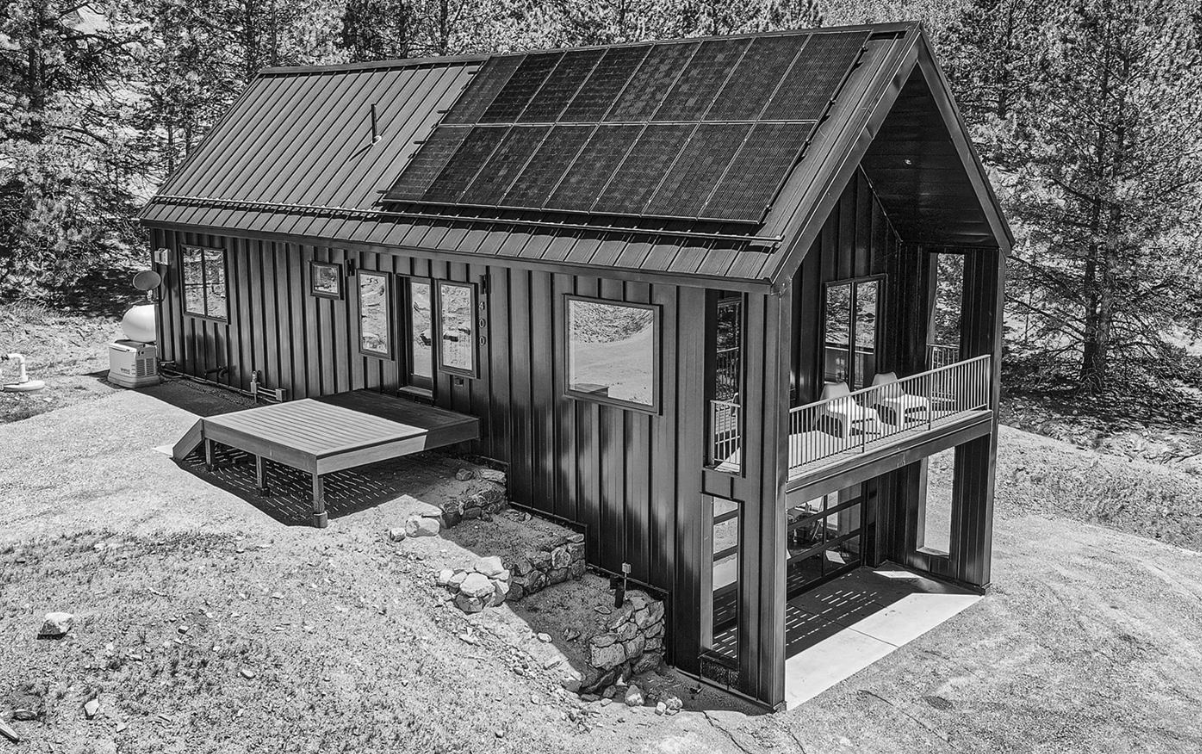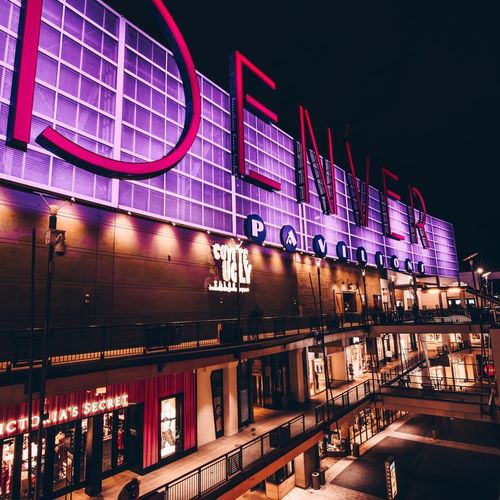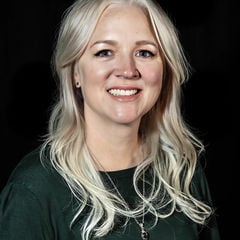Are you curious about buying a mountain home in Colorado and living an off-grid lifestyle? If so, you’re not alone! Many dream of the freedom and sustainability that comes with being independent from public utilities. In this blog post, I’ll explore what off-grid living truly means, highlighting the advantages and challenges to help you decide if it’s right for you. Plus, I’ll give you an exclusive look at a stunning off-grid home in Central City, just an hour’s drive from Denver.
Independence and Sustainability
One of the main draws of off-grid living is the independence and sustainability it offers. Off-grid homes rely on self-sufficient energy sources like solar panels and generators for electricity and typically have well water or cisterns for water supply and septic systems for waste management. This not only allows you to live where public utilities might not reach, but it’s also a sustainable choice that benefits the environment.
The home I’ll be showcasing at the end of this post runs on approximately 11,000 watts of solar panels, more than sufficient for its 2,000 square feet of living space. Solar panels are generally designed to be weather-resistant, withstanding hail and even hurricane-force winds. For extra security, this home features a propane-powered backup generator to ensure continuous power.
Heating your home using solar energy is also possible. Options include baseboard heating, radiant floor heating, and forced-air systems, all powered by solar panels. But what about water? Digging a well can cost anywhere from $30,000 to $70,000, depending on the depth required. If that’s not feasible, water cisterns are a great alternative. The featured home boasts two 2,800-gallon cisterns, which provide household water for approximately 80 days for two people. Refilling a cistern can cost around $100 per 2,800 gallons.
Initial Costs and Maintenance
While off-grid homes offer unmatched independence, the initial setup can be costly. Installing solar panels, battery storage, a well, or a septic system can be expensive. And when something goes wrong—like a power inverter breaking—you’ll need to either fix it yourself or hire a specialist, which can be pricey, especially in remote areas.
Buying an already-built off-grid home can roll these costs into a mortgage, but you still need to familiarize yourself with your systems and learn basic maintenance and repairs.
Privacy and Tranquility
One of the biggest appeals of off-grid living is the privacy it affords. Imagine living on a sprawling piece of land with no city noise, no traffic sounds, and zero light pollution. However, this tranquility comes with its own set of challenges, particularly when it comes to accessibility and services.
Accessibility Challenges
Most off-grid properties are located in remote areas, which means you might not have an HOA or close neighbors. While this means more freedom, it also means you’re responsible for your own maintenance and emergency preparations. Building relationships with your neighbors can be beneficial for community support, especially for shared tasks like road plowing in winter.
If your property is off a county-maintained road, you’ll only need to worry about digging out your driveway after a snowstorm. But if your home is off a private road, you’ll need to plan for snow removal, either by yourself or by hiring a service with your neighbors’ cooperation.
Emergency Preparedness
Off-grid living also means preparing for emergencies like wildfires, heavy snowstorms, and medical issues. It’s essential to have a plan in place for such scenarios and know how you’ll manage essentials like trash and recycling, which you may need to transport yourself to the nearest facility.
Customization and Self-Sufficiency
One of the greatest perks of building an off-grid home is the ability to fully customize it. From choosing green building materials to installing energy-efficient appliances, you have full control over how self-sufficient your home becomes. Whether you want to grow your own food, harvest rainwater, or maintain some modern conveniences, you get to decide the level of independence that suits your lifestyle.
However, with this customization comes the need to adhere to local zoning laws and building codes. Not all areas allow off-grid builds, and you’ll need to be familiar with regulations, especially in places like Gilpin County, which has specific rules on well water use, septic systems, and more.
Conclusion
Off-grid living in Colorado offers a unique mix of independence, sustainability, and tranquility. However, it’s essential to weigh these benefits against the challenges, from initial costs and maintenance to emergency preparedness and accessibility. If you’re considering this lifestyle, research and preparation are key to making it work for you.
If you’re ready to start your journey to mountain living in Colorado, reach out today. I’m here to guide you through every step of the process.



